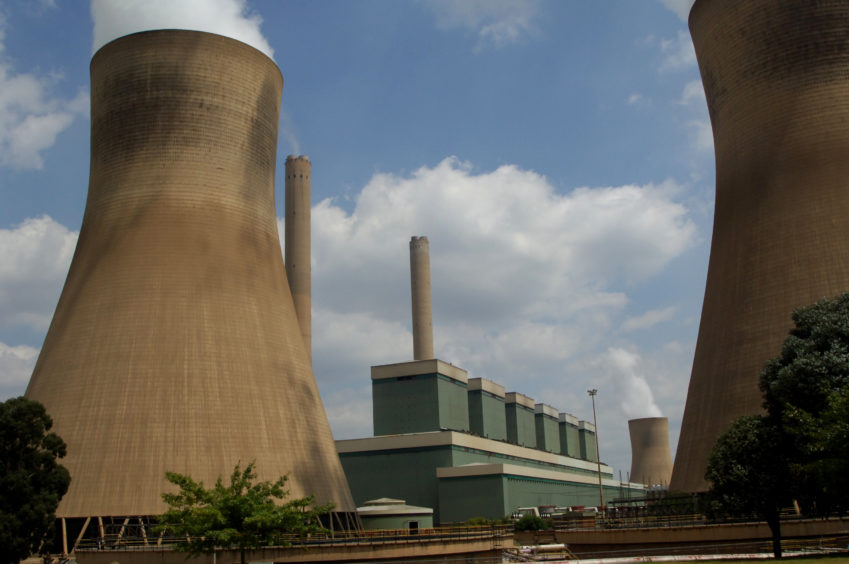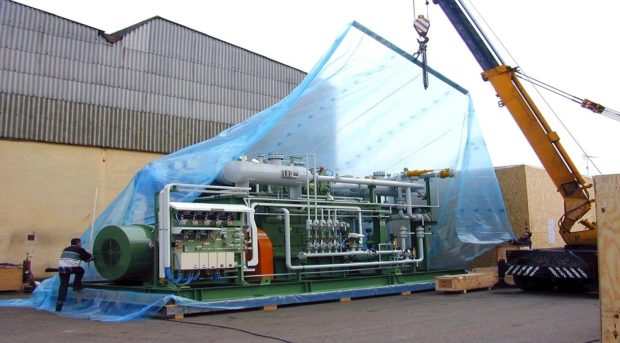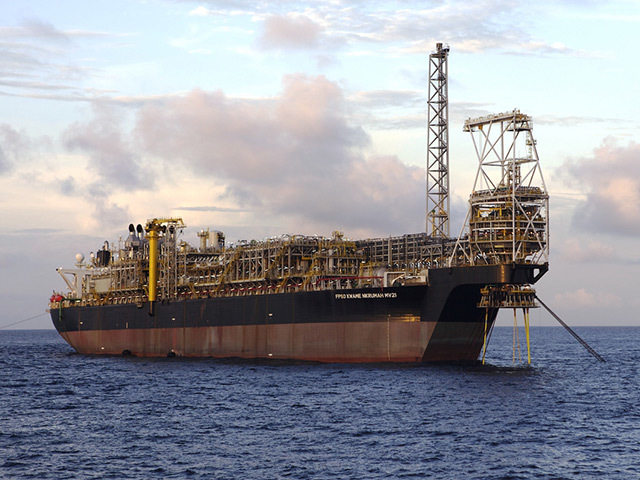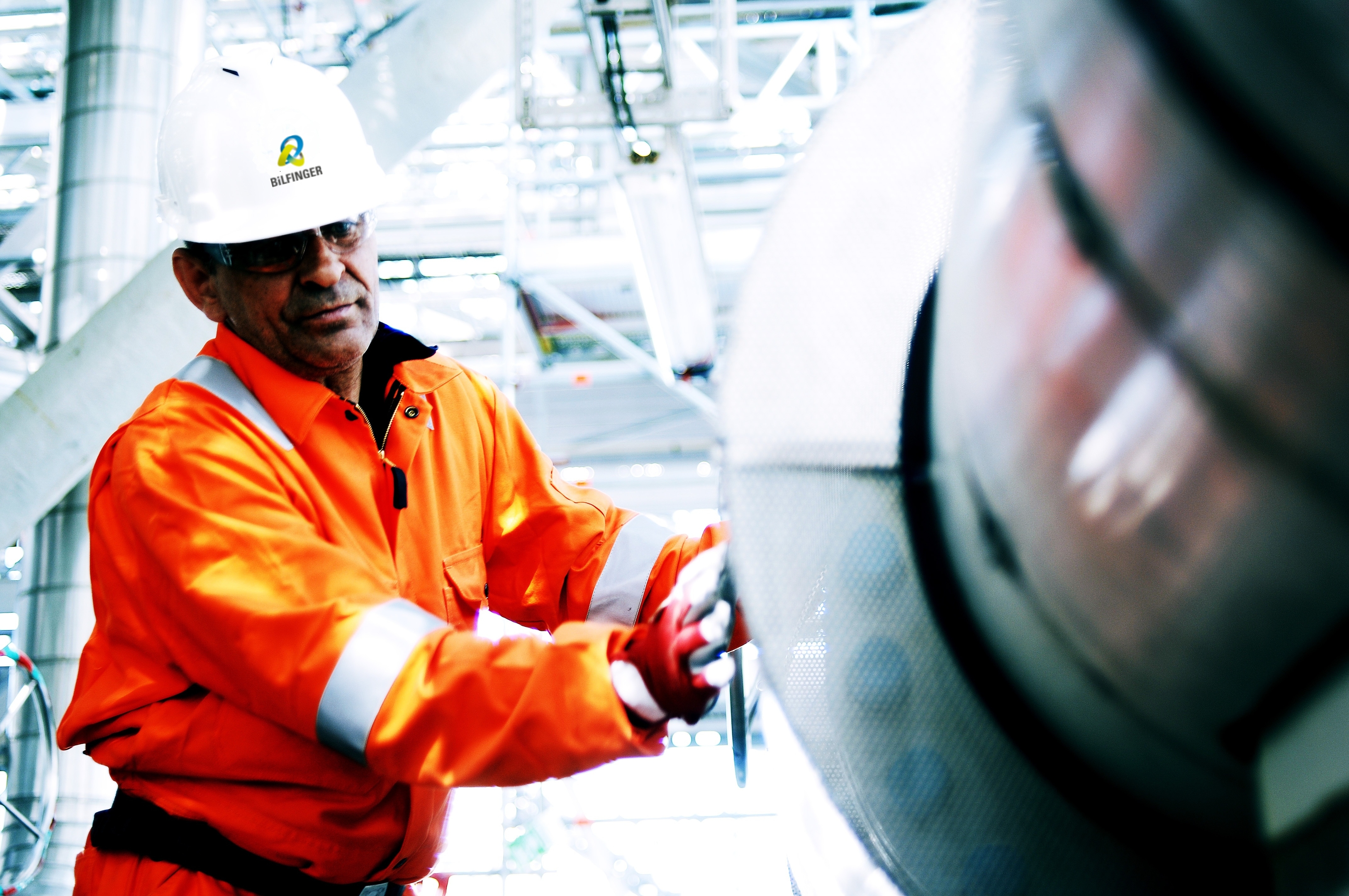
Eskom has been instructed to halt work at a number of units at its Kendal power plant by the South African Department of Environment, Forestry and Fisheries (DEFF).
The Centre for Environmental Rights (CER) welcomed the decision from Environment Minister Barbara Creecy. While the decision gives Eskom more time to comply with the order, Creecy’s decision “sends an important signal to Eskom that the dangerous health impacts of its emissions are unacceptable,” said groundWork’s community campaigner Thomas Mnnguni.
Eskom has been ordered to stop operations at Unit 1 or 5 of the Kendal power plant, in Mpumalanga, within 30 days. A restart is not allowed until the DEFF approves it and Eskom must carry out maintenance to ensure compliance with the air emission licence.
Within 60 days of the decision, Eskom is required to submit a plan of action on Units 2,3,4 and 6. The plant has total capacity of 4,116 MW, with Eskom describing it as the largest indirect dry-cooled power station in the world.
The first order from the DEFF was given in December 2019. Eskom objected to the orders. The company said power generation at its Kendal plant was essential in tackling load shedding in South Africa. Present problems are caused by poor coal quality and work on site.
The DEFF order quoted Eskom as saying its ruling was “so unreasonable that no reasonable department could have taken it”.
Following Eskom’s objections, Creecy allowed the company to halt operations at either Unit 1 or 5, so that they would not both be out of operation at the same time. The minister also extended the amount of time available for a plan to be formed on Units 2, 3, 4 and 6 from the original 30 days.
In the order from the department, Creecy raised the possibility of revoking Kendal’s licence in the case of non-compliance. The minister’s order was dated May 12 and allowed the chance of judicial review, which must begin within 180 days of the notice.
CER has said that emisions from Kendal between November 2018 and October 2019 were responsible for as many as 274 deaths. Over four years to March 2020, Eskom exceeded particulate matter limits more than 2,800 times, the group said.
Noting that Eskom planned to operate Kendal until 2044, Mnguni said the company had been unable to comply with its permit, despite the “fatal consequences for the people of the Highveld, [this] demonstrates why Eskom’s dirty, non-compliant coal plants cannot be part of a Just Transition or a Just Recovery from COVID-19”.
CER also said that Eskom was considering extending the lives of some of older coal power plants, at Hendrina, Arnot and Grootvlei. Furthermore, the group said Eskom was working to amend the terms of a loan with the World Bank that would require it to fit flue gas desulphurisation (FGD) technology at Medupi, which would limit sulphur dioxide emissions.
Eskom was supposed to have had the FGD retrofit completed by March 2018 but has not begun, the NGO said.






